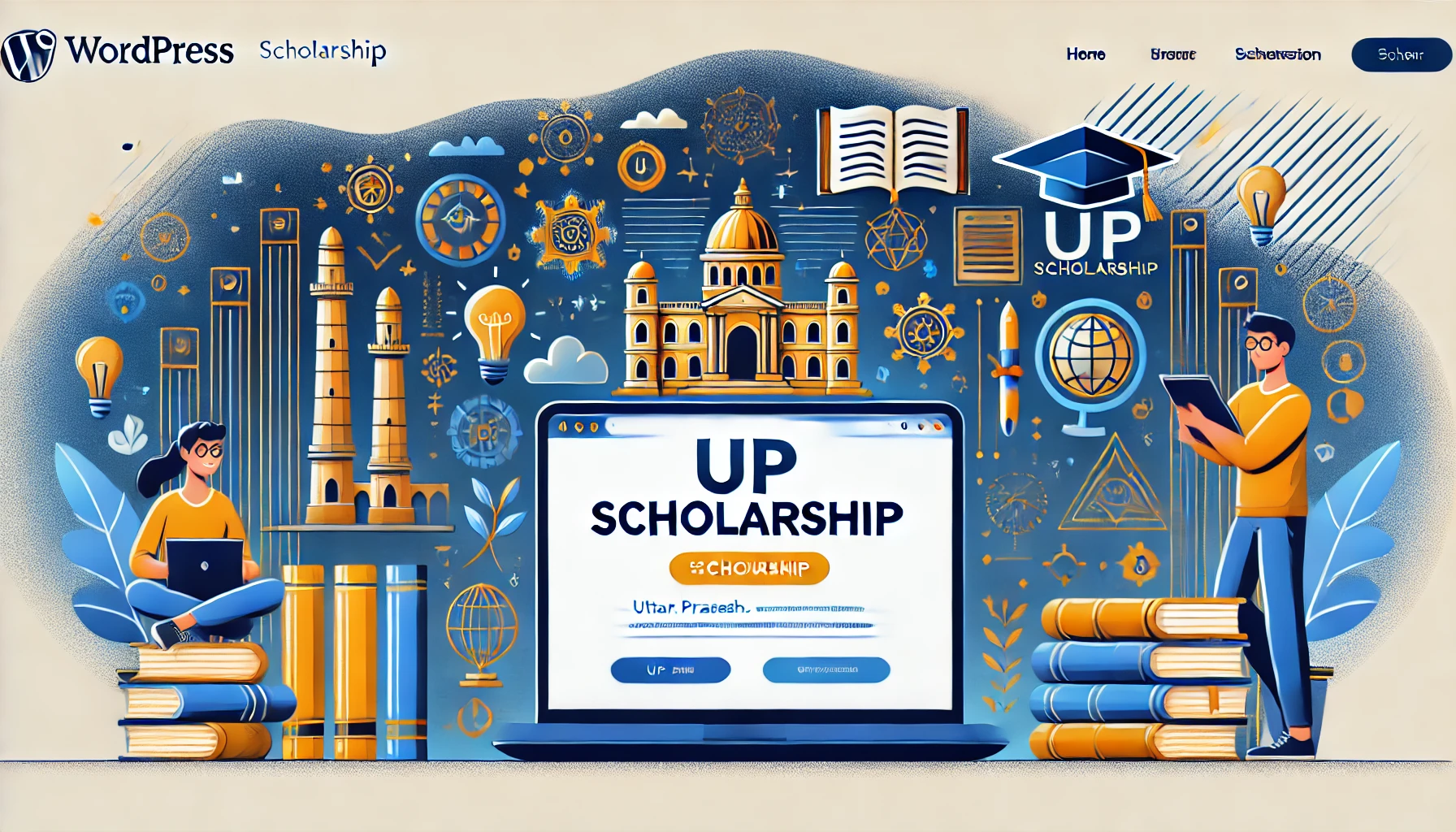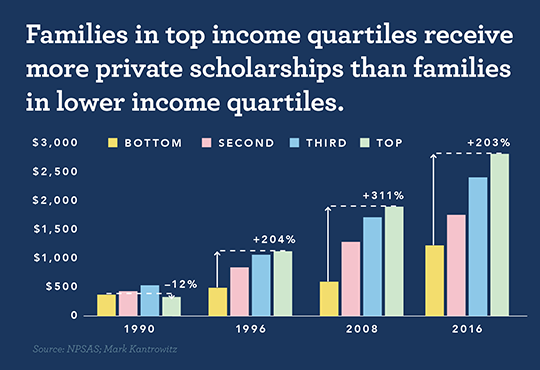“UP Scholarship Program 2024: Empowering Dreams and Transforming Lives for an Extraordinary Future”
“UP Scholarship Program: Empowering Dreams and Transforming Lives for an Extraordinary Future” The Evolution of UP Scholarship: Origins, Development, and Impact
Table of Contents
Introduction
The University of the Philippines (UP), as the national university, has a rich history of academic excellence, research innovation, and social responsibility. One of its most significant contributions to the educational landscape of the Philippines is the establishment of various scholarship programs aimed at making quality education accessible to a broader segment of the population. This article explores the origins, evolution, and impact of UP scholarship programs, examining when they started, how they developed, and their sources of funding and support.
Historical Context
The University of the Philippines was founded on June 18, 1908, during the American colonial period. It was established as a response to the need for higher education in the Philippines, aiming to create a well-educated citizenry that could contribute to nation-building. In its early years, UP focused primarily on producing professionals in fields such as law, engineering, and medicine. However, the accessibility of education was limited, primarily to the elite, as tuition fees and other costs were significant barriers for many aspiring students.”UP Scholarship Program: Empowering Dreams and Transforming Lives for an Extraordinary Future”
Recognizing this challenge, the university and various stakeholders began to explore mechanisms to provide financial support to deserving students. This led to the development of scholarship programs designed to assist those who faced economic hardships but exhibited academic potential.

The Beginnings of Scholarship Programs
1. Early Initiatives (1900s-1940s)
The earliest forms of financial assistance at UP were informal and often based on individual benefactors who supported students in need. The first official scholarship program was established in the 1920s. During this period, the university began to implement merit-based scholarships that aimed to attract high-performing students, particularly in the fields of science and technology.”UP Scholarship Program: Empowering Dreams and Transforming Lives for an Extraordinary Future”
In the 1940s, the impact of World War II on the Philippines led to an increased need for educational support. The war devastated the country, disrupting education and leaving many families in poverty. In response, UP and various civic organizations intensified their efforts to provide scholarships, targeting students who demonstrated resilience and determination despite their challenging circumstances.
2. Post-War Expansion (1950s-1970s)
After World War II, the University of the Philippines experienced a period of expansion, both in terms of student enrollment and academic offerings. With the influx of returning veterans and an increasing population of young Filipinos seeking higher education, the demand for scholarships grew.
In the 1950s, the university formalized its scholarship programs, introducing various initiatives aimed at different demographics. For instance, the UP College Admission Test (UPCAT) was instituted to assess incoming students’ academic potential. Subsequently, scholarships based on UPCAT results were offered, further enhancing the accessibility of education for deserving students.
By the 1970s, the Philippine government began to play a more active role in funding education. Legislative measures, such as the Republic Act No. 6758, which established a national scholarship program, were introduced. This law facilitated the allocation of government funds to universities, including UP, to support deserving students.”UP Scholarship Program: Empowering Dreams and Transforming Lives for an Extraordinary Future”
The Formalization of Scholarship Programs
1. Establishment of UP System Scholarships
In the 1980s and 1990s, the University of the Philippines recognized the need to institutionalize its scholarship programs to ensure sustainability and effectiveness. The UP System Scholarship program was formally established, providing a structured approach to financial assistance. This program was designed to address the diverse needs of students, offering merit-based, need-based, and specialized scholarships.
2. Diverse Scholarship Offerings
The 1990s marked a significant expansion in the types of scholarships available at UP. The university introduced various specialized scholarships aimed at specific groups, including:
- Student Assistance Program (SAP): Designed for students from marginalized communities, this program provided financial support, academic counseling, and mentorship.
- College-Based Scholarships: Each college within UP began offering its own scholarships, tailored to the unique needs of its student population. For instance, the College of Engineering established scholarships to support students pursuing degrees in engineering and technology.
- Endowed Scholarships: Many alumni and private organizations began to establish endowed scholarships, contributing to the financial sustainability of scholarship programs at UP.
Recent Developments and Current Landscape
1. The Rise of Online Learning and Scholarships
In recent years, particularly accelerated by the COVID-19 pandemic, the landscape of education has changed dramatically. The transition to online learning presented both challenges and opportunities for scholarship programs.”UP Scholarship Program: Empowering Dreams and Transforming Lives for an Extraordinary Future”
UP adapted to these changes by introducing technology-based scholarships that not only provided financial support but also access to online learning resources. These scholarships aimed to ensure that students could continue their education without interruption, regardless of their financial situation.”UP Scholarship Program: Empowering Dreams and Transforming Lives for an Extraordinary Future”
2. Socially Responsible Scholarships
The university also recognized the need for socially responsible scholarship programs. In response to pressing social issues, UP developed scholarships focused on social justice, environmental sustainability, and community service. For example, the UP Oblation Scholarship Program was launched to support students engaged in community service projects.”UP Scholarship Program: Empowering Dreams and Transforming Lives for an Extraordinary Future”
3. Collaboration with Government and NGOs
Collaboration with government agencies and non-governmental organizations (NGOs) has become increasingly important in the scholarship landscape. The Philippine government has expanded its support for education through initiatives such as the Universal Access to Quality Tertiary Education Act, which provides free tuition for students in state universities, including UP. This legislative measure has significantly alleviated the financial burden on students, allowing scholarship programs to focus on additional costs, such as books, supplies, and living expenses.”UP Scholarship Program: Empowering Dreams and Transforming Lives for an Extraordinary Future”
Sources of Funding
The sustainability of scholarship programs at the University of the Philippines relies on a diverse range of funding sources:
1. Government Funding

The Philippine government plays a crucial role in funding scholarship programs through various legislative measures and budget allocations. This support ensures that deserving students have access to quality education without the burden of excessive financial constraints.”UP Scholarship Program: Empowering Dreams and Transforming Lives for an Extraordinary Future”
2. Alumni Contributions
UP has a robust network of alumni who actively contribute to scholarship programs. Many alumni have established their own scholarships, funded by personal donations or fundraising efforts. These contributions have a significant impact, allowing more students to pursue their educational goals.”UP Scholarship Program: Empowering Dreams and Transforming Lives for an Extraordinary Future”
3. Private Sector Partnerships
The university has fostered partnerships with the private sector, leading to the establishment of corporate-sponsored scholarships. These partnerships not only provide financial support but also create pathways for students to secure internships and employment opportunities after graduation.”UP Scholarship Program: Empowering Dreams and Transforming Lives for an Extraordinary Future”
4. Non-Governmental Organizations
Collaboration with NGOs has become increasingly important in providing scholarships for marginalized communities. Many organizations focus on supporting students from indigenous groups, rural areas, or those affected by socio-economic challenges, ensuring that education is accessible to all.

The Impact of UP Scholarship Programs
The impact of UP scholarship programs extends beyond individual students; it has broader implications for society and the nation as a whole. Some key outcomes include:”UP Scholarship Program: Empowering Dreams and Transforming Lives for an Extraordinary Future”
1. Increased Access to Education
Scholarship programs have significantly increased access to higher education, particularly for students from low-income families. By alleviating financial burdens, these programs have enabled many deserving individuals to pursue their dreams of higher education.”UP Scholarship Program: Empowering Dreams and Transforming Lives for an Extraordinary Future”
2. Promotion of Social Mobility
Access to education is a powerful tool for social mobility. By providing opportunities for talented students from disadvantaged backgrounds, UP scholarship programs contribute to breaking the cycle of poverty and promoting equality of opportunity.

3. Development of Future Leaders
Scholarship recipients often emerge as future leaders in various fields, contributing to nation-building and societal progress. Many alumni of UP scholarship programs have gone on to hold significant positions in government, business, academia, and civil society, driving positive change in their communities.
4. Research and Innovation
Many scholarship programs at UP are linked to research initiatives, fostering a culture of innovation and critical thinking. By supporting students in their academic pursuits, the university contributes to the development of new ideas and solutions to pressing societal challenges.”UP Scholarship Program: Empowering Dreams and Transforming Lives for an Extraordinary Future”






